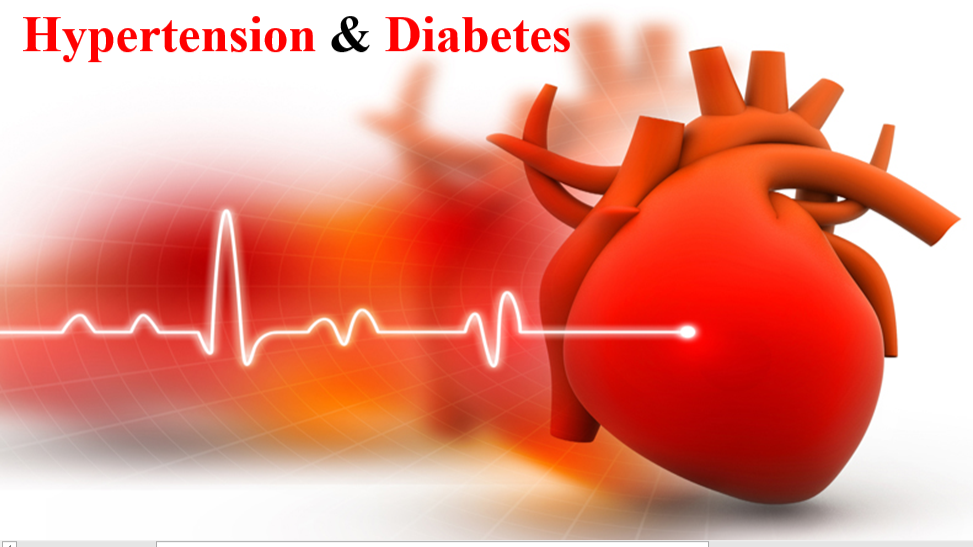The Silent Connection: When Sugar and Pressure Team Up – A Dangerous Duo
Articles | The Silent Connection: When Sugar and Pressure Team Up – A Dangerous Duo
Let’s talk about something we don’t talk about enough: the sneaky, damaging partnership between high blood pressure and high blood glucose.
As someone who’s spent years in cardiovascular research, I’ve come to appreciate just how deeply intertwined these two conditions are. We often think of them in silos—or as two separate illnesses—but the science says otherwise.
What’s Really Going On?
Here’s the short version: Hypertension and glucose dysregulation feed off each other.
High blood sugar damages your blood vessels over time.
That damage can lead to increased vascular stiffness and endothelial dysfunction—which raises blood pressure.
On the flip side, high blood pressure reduces blood flow to organs like the pancreas, impairing insulin delivery and worsening glucose control.
The result? A vicious cycle of inflammation, oxidative stress, and metabolic strain.
From Bench to Bedside: Why This Matters
In the lab, we see how molecular messengers like cytokines, ROS (reactive oxygen species), and endothelial signaling pathways are disrupted in both conditions. In the clinic, we see the outcome: patients who have both high blood pressure and diabetes are at 2–4 times higher risk of heart attacks, strokes, and kidney disease.
This isn’t just theory—it’s physiology in action.
One Disease? Or Two Faces of the Same Coin?
I’d argue we need to stop treating hypertension and hyperglycemia like separate problems. They’re two faces of the same cardiometabolic coin.
Integrated care, not fragmented treatment, is the future. That means:
Coordinated monitoring of both BP and glucose.
Early screening in patients with metabolic syndrome.
Lifestyle interventions that address inflammation, insulin resistance, and vascular health—not just numbers on a chart.
What’s Next for Researchers and Clinicians?
As translational scientists, we have a real opportunity to bridge this gap. From designing trials that reflect this overlap to developing therapeutic strategies that tackle endothelial health at the core, our work can change the story for millions of patients.
And if you work in public health, patient education, or industry, you are a part of this solution also.
Let’s Keep the Conversation Going
What are you seeing in your work? Are your patients or studies showing this overlap?
Drop a comment or message me—I’d love to connect with others working at the intersection of cardiovascular and metabolic health.
Anberitha Matthews, PhD
Cardiovascular & Oncology Researcher | Translational Science Advocate 📧 RedefiningHealthLLC.CPR@email.com🔗 www.linkedin.com/in/anberitha-matthews📍 Based in the U.S. | Open to collaboration and speaking opportunities
#CardiovascularResearch #Hypertension #Diabetes #MetabolicSyndrome #EndothelialHealth #TranslationalScience #LinkedInHealth #PublicHealthInnovation

